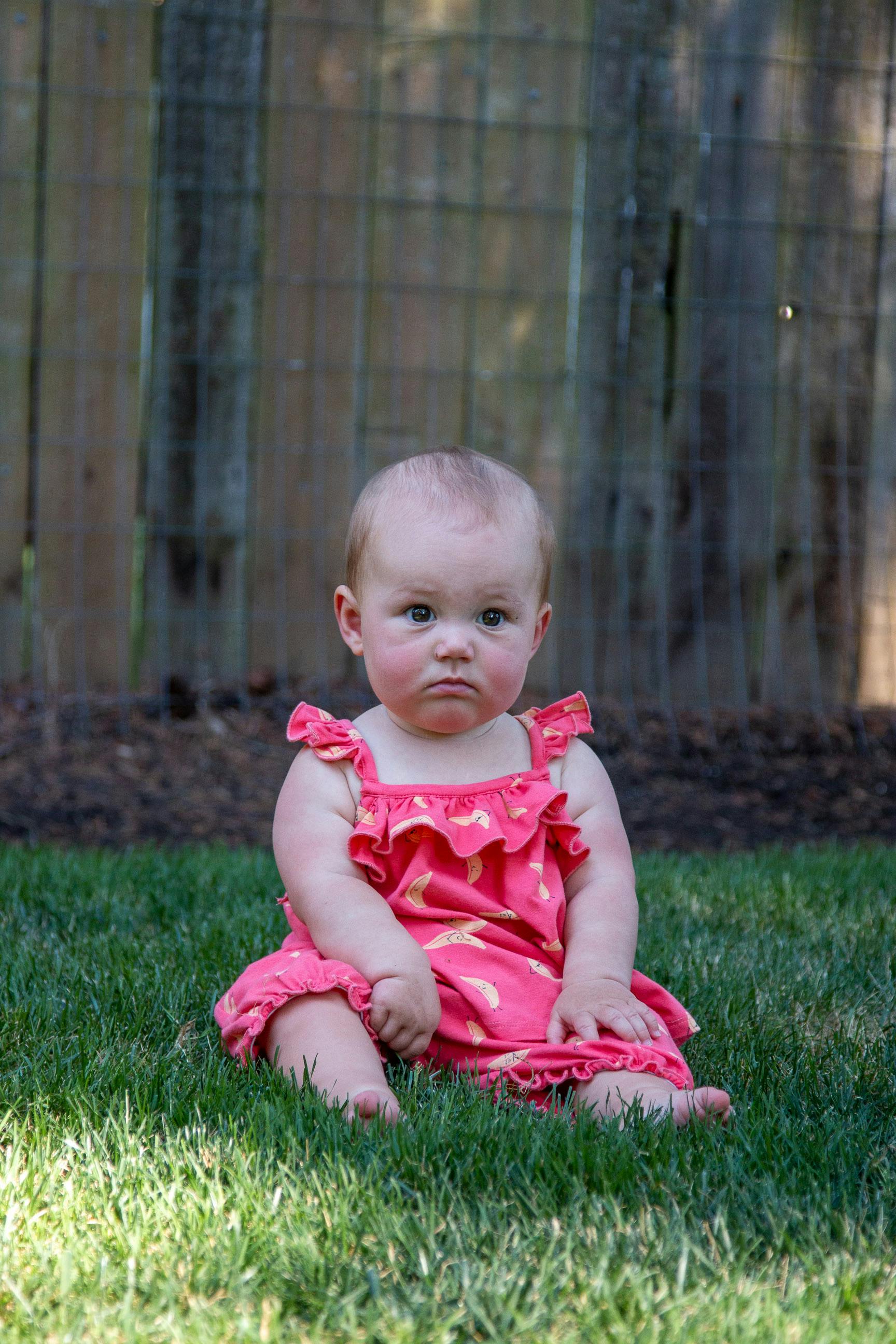Table of Contents
Setting Expectations
One of the first steps in effective communication with your babysitter is to clearly state your expectations. Before your babysitter starts, sit down with them and discuss what you expect in terms of responsibilities, rules, and routines. Be specific about your children’s schedule, bedtime routine, mealtime preferences, and any other important information that your babysitter needs to know. Setting clear expectations from the start will help avoid misunderstandings and ensure that your babysitter knows what is expected of them.
On-Demand Childcare in Your Neighborhood
Book a Sitter
Creating a Communication Plan
It is important to establish a communication plan with your babysitter to ensure that you are both on the same page. Discuss how you prefer to communicate, whether it be through text, phone calls, or in-person discussions. Set regular check-ins to touch base about how things are going and address any concerns or questions that may arise. Having open lines of communication will allow you to stay informed about your children’s wellbeing and address any issues promptly.
Providing Detailed Instructions
When leaving your children in the care of a babysitter, it is crucial to provide detailed instructions to ensure that they can provide the best care possible. Write down important information such as emergency contacts, allergies, medications, and any specific routines or rules that your children need to follow. Leave a list of tasks that need to be completed, such as preparing meals, helping with homework, or bedtime routines. Providing clear and concise instructions will help your babysitter feel more confident in their role and ensure that your children’s needs are met.

Establishing Emergency Protocols
In the event of an emergency, it is important to have clear protocols in place for your babysitter to follow. Make sure your babysitter knows where essential items such as first aid kits, emergency contacts, and emergency medical information are located. Discuss what steps should be taken in case of a fire, severe weather, or other emergencies. Provide your babysitter with a list of emergency contacts, including your contact information, a trusted neighbor, and your children’s pediatrician.
Having a plan in place will help your babysitter respond effectively in emergency situations.
Offering Feedback and Appreciation
Finally, it is essential to offer feedback and appreciation to your babysitter to maintain a positive and productive relationship. Provide constructive feedback on how things went during their time with your children, highlighting what went well and areas for improvement. Be sure to show appreciation for their hard work and dedication to caring for your children. A simple thank you or gesture of appreciation can go a long way in building a strong relationship with your babysitter and ensuring that they feel valued and respected.
In conclusion, effective communication with your babysitter is essential to ensuring that your children receive the best care possible. By setting clear expectations, creating a communication plan, providing detailed instructions, establishing emergency protocols, and offering feedback and appreciation, you can build a strong and trusting relationship with your babysitter. By following these tips, you can have peace of mind knowing that your children are safe and well cared for while you are away.










